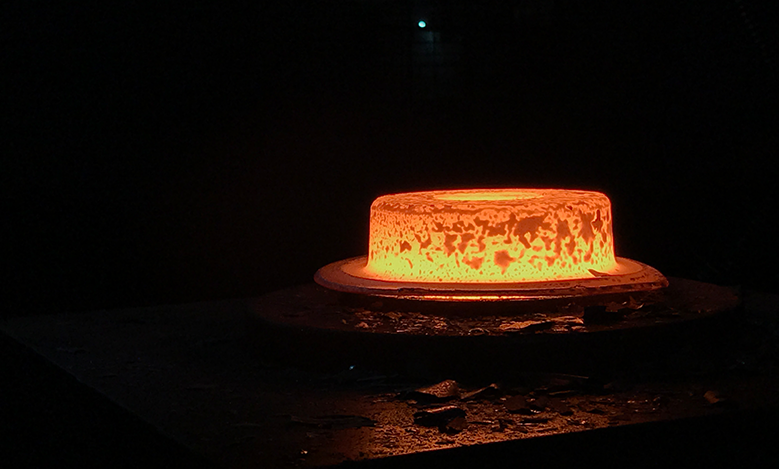APQP
APQP is a structured approach to product development, ensuring that all quality and performance standards are met. It involves planning, defining critical factors, and establishing timelines to meet customer requirements effectively. This phase includes activities such as feasibility studies, product design and development, process design and development, and product and process validation.
PFMEA
LPFMEA is a systematic method used to identify and evaluate potential failures in a manufacturing process. It helps determine the impact of these failures on the product and prioritize action items to mitigate risks. By analyzing possible failure modes, their causes, and effects, PFMEA aids in improving process reliability and quality before full-scale production begins.
Control Plan
A Control Plan outlines the process monitoring and control methods used to ensure that production processes consistently produce products meeting quality standards. It includes details on the measurement methods, control methods, and response plans for deviations from desired outcomes. The Control Plan is developed based on insights from PFMEA and is critical for maintaining quality throughout the production lifecycle.
PPAP
PPAP is a standardized procedure in the automotive and manufacturing industries used to demonstrate that a supplier's production process can consistently produce parts that meet all customer specifications. It involves the submission of detailed documentation and sample parts to the customer for approval. The process ensures that all design records, process requirements, and specifications are understood and met before full-scale production begins.


